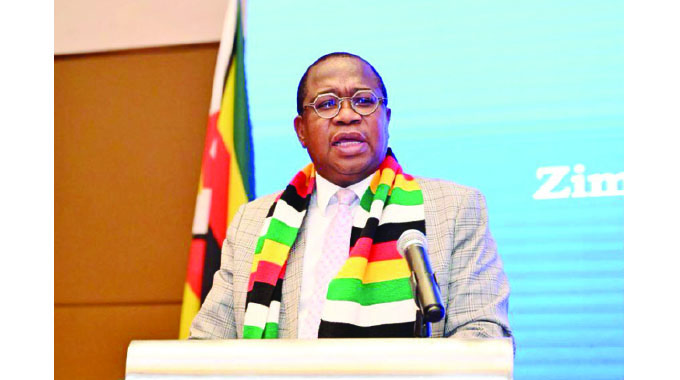Ex-cop loses murder appeal

Fidelis Munyoro-Chief Court Reporter
A FORMER police officer serving 30 years in jail for his role in a 2013 murder during the course of an armed robbery in Eastlea, Harare had his appeal against both conviction and sentence rejected.
Herbert Learnmore Chikiwa and co-accused Given Mushore were serving three years each for housebreaking and theft, that is unlawful entry with aggravating circumstances, and 30 years each for murder, both sentences running concurrently so their total effective sentence was 30 years.
They were tried along with Johane Kamudyariwa and Lawrence Makiwa Makosa on the two charges but these other two were acquitted.
Aggrieved by the High Court decision, Chikiwa appealed against both conviction and sentence, arguing that the lower court erred in finding that the prosecution evidence was valid, accurate and reliable, to secure a conviction.
Three judges sitting on the Appeals bench, Justice Chinembiri Bhunu, Justice Nicholas Mathonsi and Justice Alfas Chitakunye unanimously upheld the August 2017 conviction and sentence of Chikiwa on the murder charge. But the court did acquit him on the charge of unlawful entry with aggravating circumstances, although because of the concurrent sentence, this does not affect his time in prison.
“On the second count (murder), the appeal against both conviction and sentence is without merit. The court a quo (the trial court) impressively assessed the evidence and correctly applied the law on the use of circumstantial evidence in convicting the appellant.
“The assessed sentence of 30 years’ imprisonment falls within the sentencing discretion of the court a quo. There is no basis for interfering with it,” said Justice Mathonsi writing the judgment for the appeal court.
The judge found that Chikiwa’s appeal resolved itself purely on the factual and credibility findings made by High Court judge, Justice Happias Zhou, which could only be interfered with on appeal upon the laying of proper ground work and basis for doing so.
He agreed with the lower court’s findings that the firearm which killed Innocent Julius was the Llama pistol found in the possession of Chikiwa at the time of his arrest.
“It (High Court) made that finding relying on the expert scientific evidence of the witness who subjected the spent cartridges and the firearm to tests before arriving at the conclusion that the bullets which killed the deceased were fired from that firearm,” ruled Justice Mathonsi.
An appellate court can only interfere with the factual findings of a trial court where it appears that an error has been made, or that the court did not take into account relevant factors, or made a mistake on the facts.
During the original trial, the High Court heard how on the night of September 21 2013, a determined group of four armed robbers made its way to house number 40 Northampton Road, Eastlea, Harare, the office premises of Imperial Security Company.
Upon arrival, they cut the padlock securing the main gate and gained entry into the yard. Once inside the yard they proceeded to the main house used as offices where they cut the screen door before forcing the main door open and ransacked the office in search of valuables.
They stole a Llama pistol serial number 7260214 with a magazine loaded with 7 x 9mm rounds, a small red box with 4 x 9mm rounds, an assortment of clothes and a bag containing some Imperial Security Company documents.








Comments